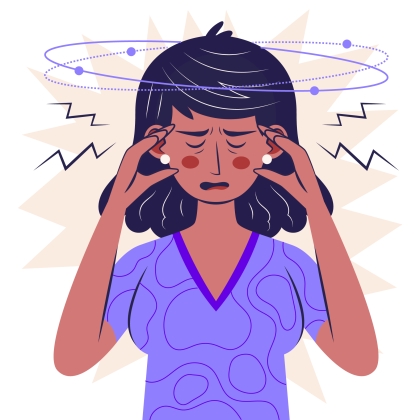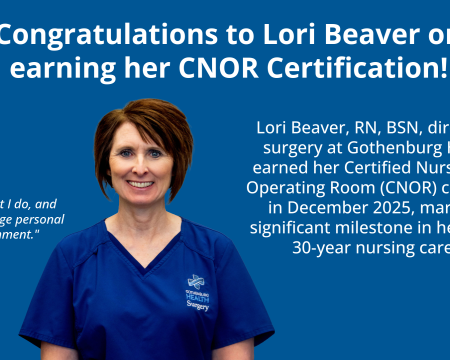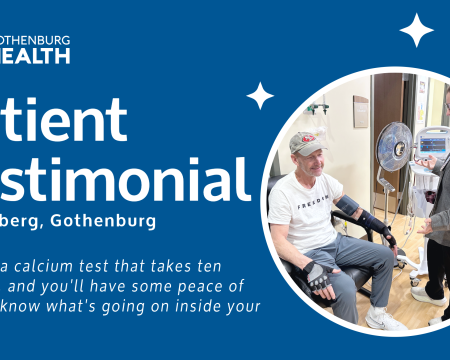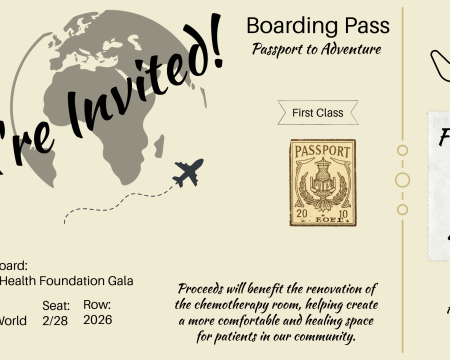
Stress Awareness Month, Part 2
In this second article in a two-part series for Stress Awareness Month, we address ways to cope with stress and how stress can affect the mental health of older adults. Gothenburg Health’s Senior Life Solutions is helping build awareness about stress this month by covering Mind and Body with Stress Awareness.
What should one do if someone they care about is struggling with chronic stress or other mental health challenges?
According to the APA, some things you can do are:
• Express your concern and willingness to listen and reassure them that you care about them.
• For some people, it may be helpful to compare the situation to a physical health concern and how they would respond. For example, if there was a concern about diabetes or high blood pressure, would they be likely to seek medical care?
• Please encourage them to talk to a mental health professional or their primary care provider.
• Remind them that seeking help is a sign of strength.
• Try to show patience and caring and not be judgmental of their thoughts and actions. Listen; don't disregard or challenge the person's feelings.
• And Use "I" statements. For example, use "I am worried about you…," "I would like you to consider talking with a counselor…." rather than "You are…." or "You should…."
What can people do to reduce stress?
Mental Health America suggests several ways to reduce or control stress:
• Be realistic. If you feel overwhelmed by some activities (yours or your family's), learn to say NO! Eliminate an activity that is not necessary.
• Healthy lifestyle choices. Good nutrition makes a difference. Limit intake of caffeine and alcohol (alcohol disturbs regular sleep patterns), get adequate rest, exercise, and balance work and play.
• Meditate. Just ten to twenty minutes of quiet reflection may bring relief from chronic stress and increase your tolerance to it. Use the time to listen to music, relax, and think of pleasant things or nothing.
• Share your feelings. Stay in touch with friends and family. A conversation with someone you trustcan help you realize you're not alone. Let them provide love, support, and guidance. Don't try to cope alone.
• Always remember you are not alone. If you are struggling and need help, please talk to your primary provider, or reach out to Senior Life Solutions for assistance.
At Gothenburg Health’s Senior Life Solutions, our group members, typically 7-10 people, receive group therapy to help work towards a better quality of life, mental health, and well-being. Group members help each other by sharing personal experiences and strengths, boosting self-esteem and confidence. By interacting with other members and receiving feedback from the group and the therapist, each group member gains a greater understanding of themselves and can create relationships with other people who may be facing similar challenges.
If you would like more information, education, or would like to discuss support for yourself or a loved one, please call us at 308-537-1030.






